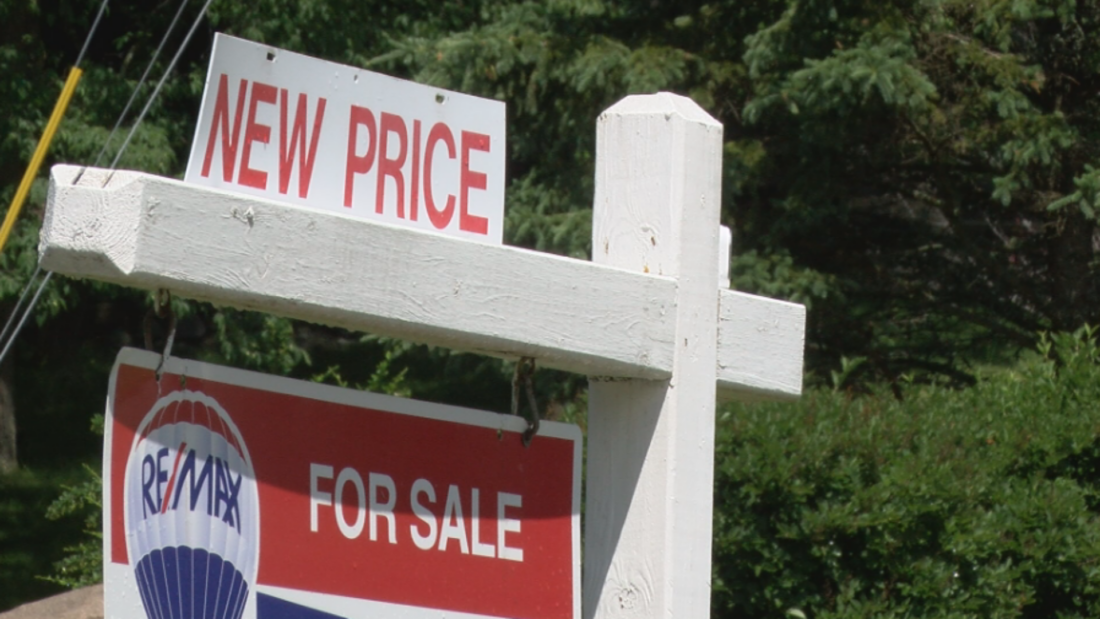- The benchmark 30-year fixed mortgage might hit 7.5% by the end of the year.
- Rate hikes are starting to percolate into the economy and have unintended consequences, with the U.S. housing market being chief among them.
- If those policies continue, the housing market might experience a 2008-like housing crash.
With the August inflation report showing a sharp rise in consumer prices, the Federal Reserve (the Fed) will have to increase interest rates higher and faster, meaning the benchmark 30-year fixed mortgage might hit 7.5% by the end of the year.
The Fed’s next meeting is September 20-21. After this hot inflation report, the rate hike might be more significant than the expected 0.75 percentage point, probably one-full percentage point. The current target rate is between 2.25%-2.50%.
Rate hikes are starting to percolate into the economy and have unintended consequences, with the U.S. housing market being chief among them.
The 2008 Housing Crisis has permanently scarred American households’ balance. Over six million American households lost their homes to foreclosure during that crash and a cumulative $3.3 trillion in home equity.’ If the rate hikes accelerate, the housing market might crimp and cause a 2008-like housing crash.
As of this writing, the current average rate for the 30-year fixed mortgage is 6.24% which is close to double what it was one year ago. The rate is at its highest since November 2008. A 400k-home will cost a homebuyer about 750 dollars more per month now than one year ago.
The national average 20 and 15-year fixed mortgage rates are 6.270% and 5.560%, respectively.
The country is still experiencing a massive housing shortage, yet the housing market has been cooling off. According to S&P/Case-Shiller U.S. National Home Price Index, home prices dropped in nearly all major cities in the past two months.
Homes are sitting on the market for longer, and sellers are starting to drop their prices. The Fed’s policy rates are causing a housing recession. If those policies continue, the housing market might experience a 2008-like housing crash.







